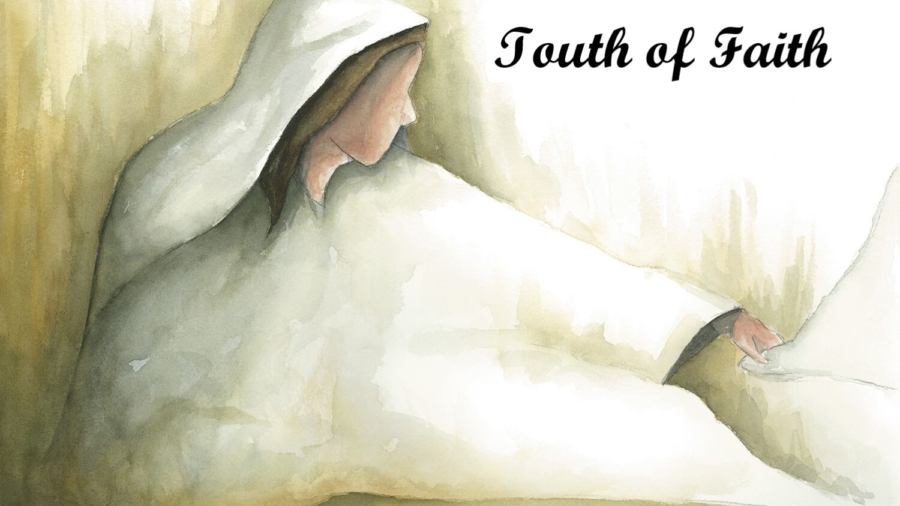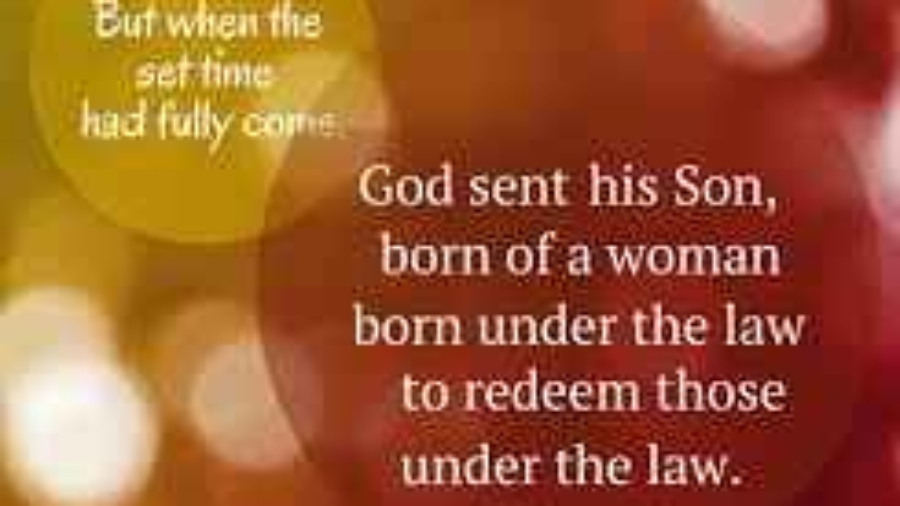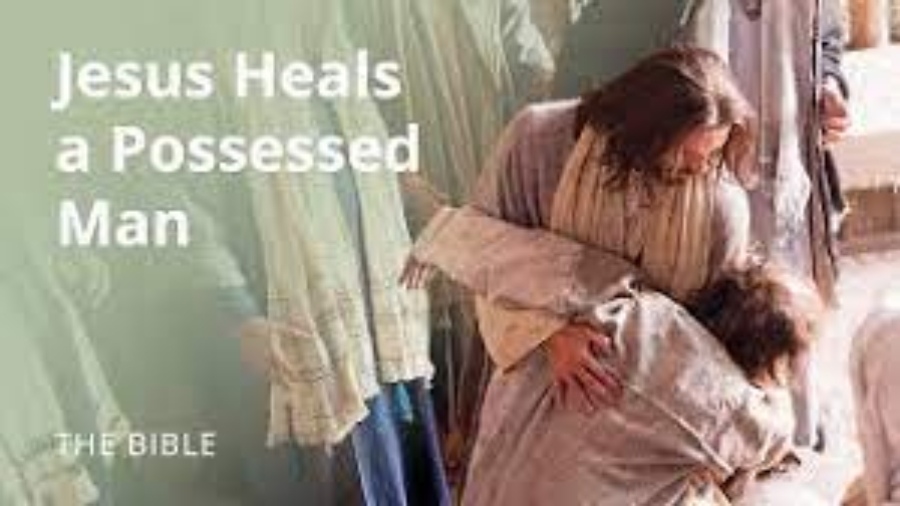These passages record two intertwined miracles-both demonstrating the profound impact of simple, resolute faith. Jesus, after crossing the lake, is immediately approached by Jairus, a synagogue leader desperate for the healing of his dying daughter. Amidst the pressing crowd, another desperate figure emerges-a woman afflicted for twelve years with a condition that not only drained her body but also her societal worth and spiritual life, as her bleeding rendered her unclean by Old Testament Law. This backdrop sets a stark contrast between the crowd’s curiosity and the woman’s profound need for deliverance, illustrating how physical proximity to Jesus doesn’t equate to spiritual closeness unless coupled with faith.
The woman’s approach to Jesus signifies more than just physical healing; it symbolizes a breaking free from societal constraints and personal despair. Her condition, causing continuous bleeding, relate to us since life in this world is one of continuous hardships that drain one’s spirit without relief. Living on the margins of society, she represents those among us caught in the painful cycle of isolation and suffering due to various life’s burdens-be it chronic illness, mental health struggles, or societal rejection. Her belief that merely touching Jesus’ garment would restore her health highlights a profound faith and understanding of Jesus’ divine nature, which she pursued despite the overwhelming obstacles presented by the dense crowd and her physical weakness.
This miraculous healing juxtaposed with the resurrection of Jairus’ daughter encapsulates the essence of Jesus’ ministry-offering hope and renewal to all, regardless of their societal status or the nature of their affliction. Both miracles are connected not just by their proximity in the scripture but by their shared theme of faith overcoming despair. The woman’s healing interrupts Jesus’ journey to Jairus’ house, yet both stories beautifully illustrate that Jesus’ power to heal and revitalize is boundless, transcending all human barriers and reaching those who feel unworthy or forgotten.
This message encourage us to reflect on our lives, recognizing areas where we might be ‘bleeding’ and in need of the touch of faith and the spark of life from Jesus Christ. It challenges us to reach out in faith, believing in His power to transform even the most desperate situations.
1










